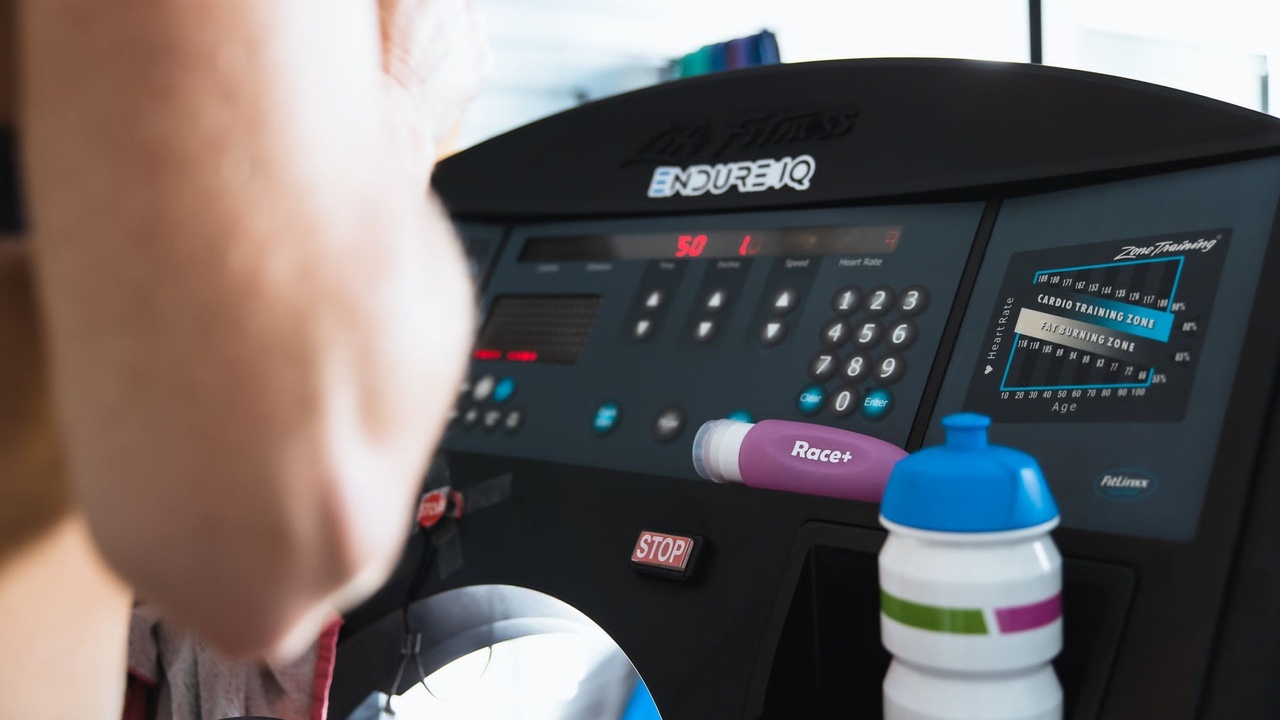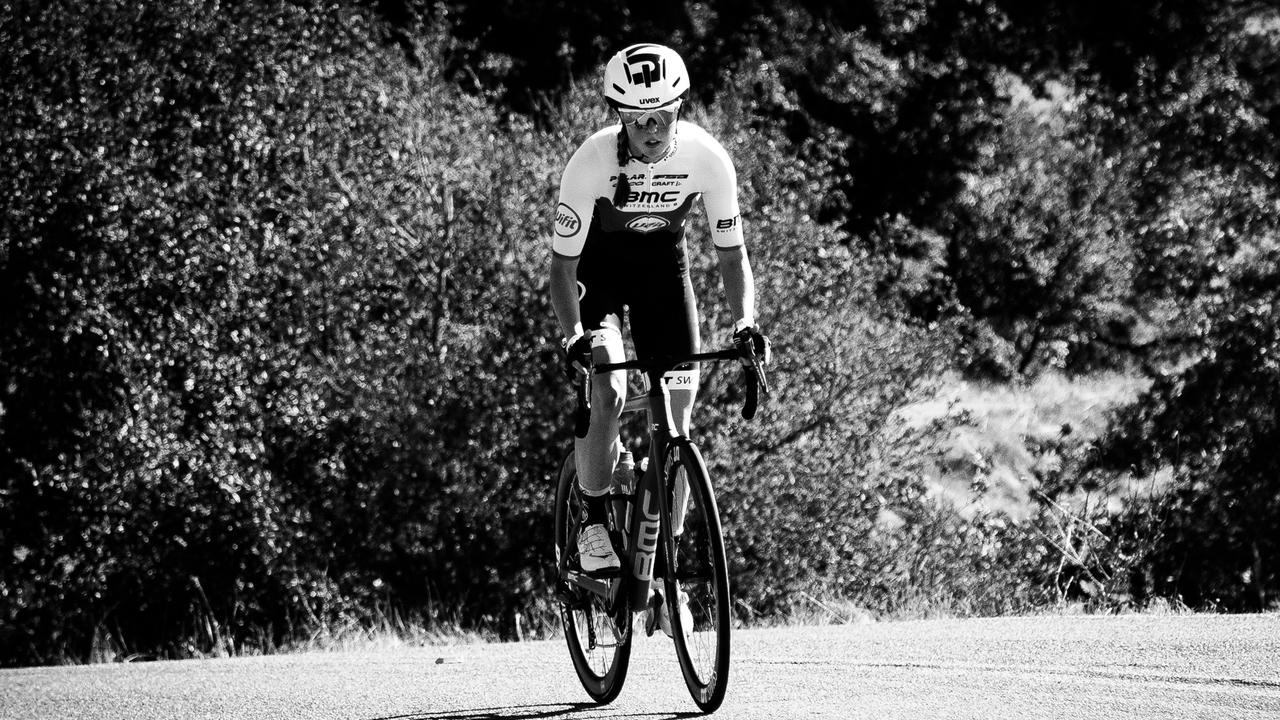Exogenous ketones and EPO boosting - Worth the Hype?

Exogenous ketones have generated a lot of buzz in the endurance sports community over the last few years. Exogenous ketones are not to be confused with the ketones that circulate in the blood after adaptation to a very low carbohydrate, high fat, ketogenic diet; exogenous ketones are instead ingested in a supplement like a sports drink in much the same way that carbohydrates might be. There are a number of different types of exogenous ketones (6), with ketone monoesters seeing the most attention.
It was initially thought that, again like carbohydrates in sports drinks, taking on exogenous ketones during exercise might provide us with an alternative fuel source to help power long duration exercise and reduce use of our finite glycogen stores. There has been some indication that exogenous ketones do help us reduce glycogen use during exercise (2), although probably not via direct burning of the ketones to supply energy; the effect instead likely relates to some kind of signalling respon...
What influences fat metabolism during cycling? Our New Research

As we have discussed at length in previous blogs, and in our courses, carbohydrates and fats provide the energy to fuel metabolism during prolonged, endurance exercise (3). The carbohydrate energy we have stored in our muscles and liver as glycogen is limited, and can become depleted to low concentrations during long-duration exercises like Ironman triathlon (1, 6). In contrast, our fat energy stores, whilst metabolised more slowly, are effectively limitless in the context of exercise. For example, given that 1 g of fat provides ~9.75 kcal of energy (4), it can be estimated that a lean 70-kg individual with 10% body fat has ~68,250 kcal of endogenous fat energy. Theoretically at least, this is enough energy to complete more than six full-distance Ironman triathlons (5).
Accordingly, exercise physiologists have conducted huge amounts of research into the factors that influence the rates at which we metabolise fats and carbohydrates during exercise. This research has been particularly u...
How to train for cycling in long-distance triathlon: The Basics

We all know that being strong on the bike is critical to the success of any long-distance triathlete. But how do we train for it? In this short blog, we’ll briefly describe the main session types when training for the cycling leg of long-distance triathlon. For much more detail, check out our courses; LDT 102 on training programme fundamentals and LDT 104 on training monitoring.
At EndureIQ, we promote a three-phase model of training planning for Ironman triathlon; a general preparation phase, specific strength phase, and competition phase. In the general preparation phase, our goal is to build a strong aerobic base by accumulating a large overall training volume, whilst also increasing our maximum aerobic capacity with a small number of targeted, high-intensity interval training sessions. We, therefore, aim for a highly polarised overall training intensity distribution, where the vast majority (~85-90%) of our training time is accumulated below the lactate threshold, with perhaps 1-2...
Eating Before your Workout I Carbohydrate vs Protein vs Fasted

The question of “what should I eat before training”, is one that personally, I get asked a lot! Both by the athletes I coach, and by our Endure IQ education community (athletes and coaches). Up until now, I’ve always answered based on what I thought I knew, and what the literature pointed towards. However, to put it simply, the research just hasn’t been done in this space. That’s why I was super excited when I met my PhD student Jeff Rothschild nearly two years ago and learned this was the question he was eager to answer. I know what you’re thinking “this has surely been researched and already known?" Well, quite simply, it hasn’t, and certainly not in well-trained athletes.
As part of our quest to help figure out how we should be eating before exercise, I'm excited to share with you the findings from a new study from our lab that was just published, titled "Pre-Exercise Carbohydrate or Protein Ingestion Influences Substrate Oxidation but Not Performance or Hunger Compared with Cyclin...
Hill reps and overgearing: What does the science say?

Image by Rook Media
We’ve really been enjoying watching the return of road racing after the pandemic (or somewhat ‘after’), like we're sure many of you are too, and are particularly enjoying watching the athletes at Le Tour grinding up the Alps and Pyrenees in big gears and at massive power outputs. Hill reps are a common part of many endurance training programs, whether that be for running, cycling, or triathlon, and at Endure IQ we are big fans of riding up hills and doing specific overgearing work on the trainer in preparation for a long-distance triathlon (in fact, we dedicate a whole module to this type of training in our three disciplines in our online course LDT 102). We thought now was as good a time as any to review some of the key studies in this field, and whether the available research backs up this type of training prescription.
Specific strength training for endurance athletes
We call this type of work – whether it be riding or running up-hill, or riding on the...
